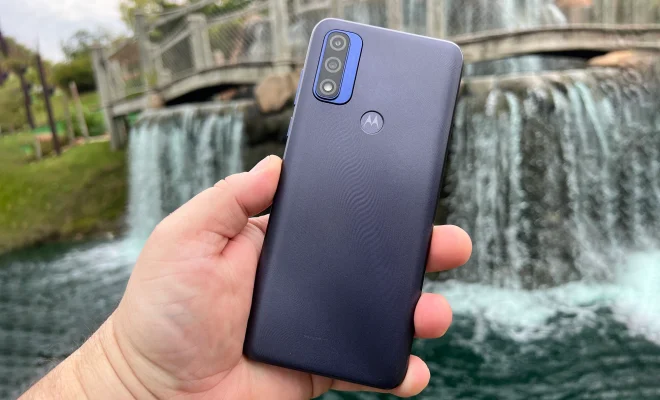Can You Sell a Car Without Insurance? Everything You Need to Know

Introduction:
Selling a car can be a daunting task, especially when you’re not sure if you can legally do so without insurance. It’s essential to know the rules and regulations surrounding selling a car without insurance before you proceed. In this article, we will examine the process of selling an uninsured vehicle, as well as discuss important information related to this process.
Can You Sell a Car Without Insurance?
The simple answer to this question is yes; you can sell a car without insurance. In most jurisdictions, it’s legal for private owners to sell their vehicles without having active insurance coverage on them. However, there are crucial factors to consider before selling an uninsured car.
1. Registration and Title Transfer: As the seller, you’ll need to transfer the vehicle’s title and registration over to the buyer. Ensure all paperwork is completed promptly and accurately to avoid legal repercussions or delays in transferring ownership.
2. Safety and Emissions Requirements: Many states require a vehicle inspection for safety and emissions compliance before it can be sold. Be aware of your local laws regarding these requirements and make sure your vehicle meets them before putting it up for sale.
3. Test Drives: When prospective buyers want to test drive your car, remember that you’re still responsible for any accidents or damages that may occur during this time. To mitigate any risk, consider getting temporary insurance coverage or ensure that the potential buyer has valid insurance.
4. Remove License Plates: As the seller, remember to remove your license plates from the vehicle when transferring ownership. These plates are assigned specifically to you and must not
stay on the car once it is sold.
Tips for Selling a Car Without Insurance:
1. Be Transparent with Buyers: Make sure potential buyers know about the lack of insurance upfront. Let them understand what steps they need to take regarding insurance before taking possession of the vehicle.
2. Compare Pricing: Research the value of your car before listing it for sale to ensure you’re offering a competitive price. Pricing your vehicle attractively can help make up for the lack of insurance.
3. Prepare Necessary Documents: Have all necessary paperwork ready, including the bill of sale, title transfer, and any other required documents specific to your location or vehicle type.
4. Consider Temporary Insurance or Bond: Depending on the laws in your area, consider obtaining temporary insurance or purchasing a bond to cover potential liability during the buyer’s test drive or before completing the sale.
Conclusion:
Selling a car without insurance is possible but can come with additional responsibilities and risks that must be considered. To ensure a successful transaction, understand your local laws and requirements regarding uninsured vehicle sales and follow best practices when listing, disclosing information, and transferring ownership.






